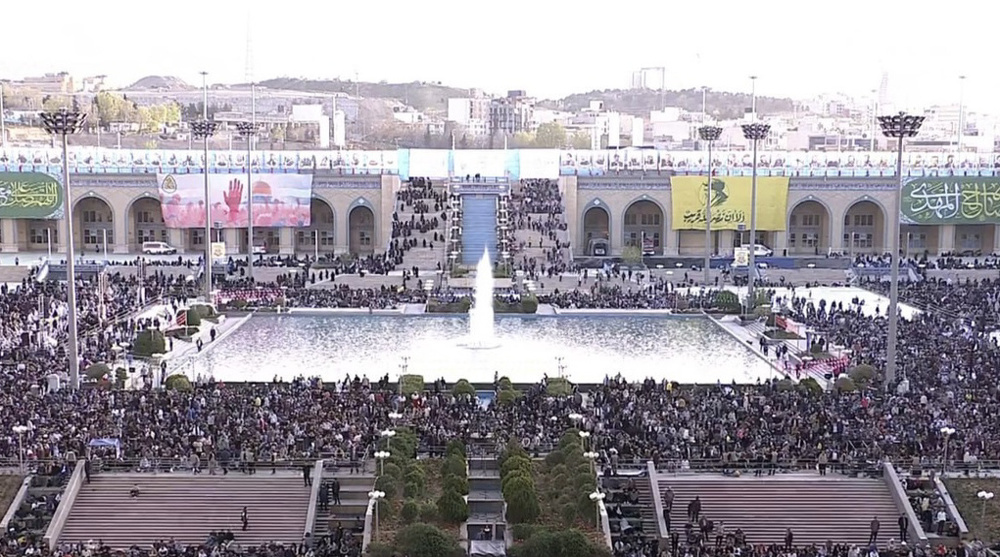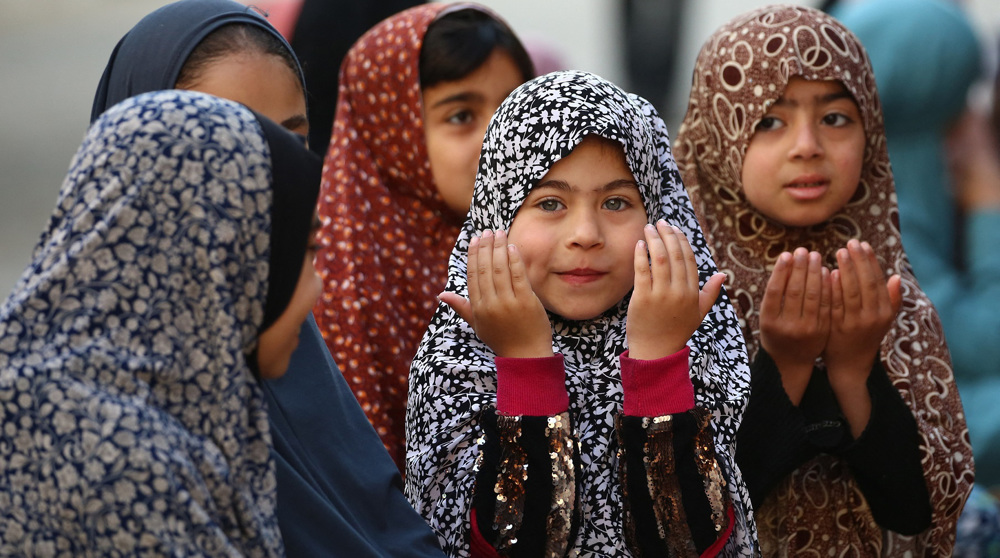Migrants helping to lift poverty in home countries
Migrants working in rich countries sent home almost half a trillion dollars in 2016, helping to lift families out of poverty by providing financial stability, access to education, housing and healthcare, according to a global report.
About 200 million migrants, half of whom are women, sent $445 billion to their families in Asia, Latin America and Africa in 2016, the International Fund for Agricultural Development (IFAD) said on Wednesday.
The total amount of remittances, which is estimated to reach $450 billion in 2017, has risen by more than 50 percent in the past decade, IFAD said.
"It is truly a global phenomenon in which people, due to lack of opportunities, have to leave their families behind to provide for them," said Pedro De Vasconcelos, IFAD policy advisor and author of the report.
"Migration should be an option, a choice. But for 200 million people, it's a necessity," he told the Thomson Reuters Foundation in a phone interview.
Most remittances ($117 billion) came from the United States, followed by Europe ($115 billion) and the Persian Gulf states ($100 billion).

Total migrant worker earnings are estimated to be $3 trillion annually, of which approximately 85 percent remains in the host countries. The money migrants send home averages less than one percent of their host country's gross domestic product, IFAD said.
The report said families back home receive an average of $200 a month, which makes up 60 percent of the household income.
Using the steady flow of remittances, families can buy food, get housing, go to school, access healthcare, improve sanitation, or even invest in a business and have some savings, the report said.
De Vasconcelos said relying on remittances is a symptom of poverty in developing nations that pushes people to find economic opportunities abroad.
He said helping families use the money more productively could help reduce poverty, and in turn, prevent people from migrating in the first place.
"Remittances are a symptom, but (they) ... can be used to have a long-term positive effect in the economies where these funds are going," he said.
(Source: Reuters)

Indian parliament passes bill seen as step to seizure of mosques

Eid al-Fitr celebrated in Iran, other countries as holy month of Ramadan comes to a close

Iran FM calls for more unity, empathy among Muslims in Eid message
Iran unveils legal strategies for SCO states to counter challenges
Gaza’s slow death: How aid blockade has pushed Palestinians to the brink
US plan requires Ukraine to give 20% of territory to Russia: Report
Iran: New sanctions show US 'lack of goodwill' in talks with Tehran
Charred bodies found in school as Israeli strikes kill dozens in Gaza
VIDEO | Press TV's news headlines
The April Revolution: One-year anniversary of Gaza solidarity encampments in US
Pezeshkian hails Iran-Azerbaijan ties ahead of visit to Baku












 This makes it easy to access the Press TV website
This makes it easy to access the Press TV website